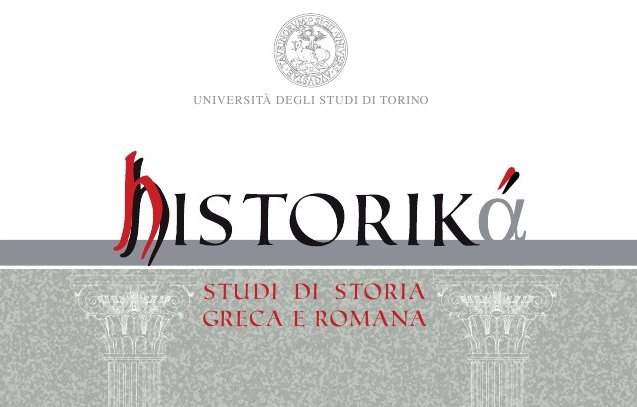Da Roma alle Alpi. Competizione nobiliare, consenso popolare e strategia militare nella politica espansionistica romana in Cisalpina tra la fine del III e l’inizio del II secolo a.C.
DOI:
https://doi.org/10.13135/2039-4985/5954Abstract
The numerous stages by which Rome extended its hegemony over the Cisalpine area in
the late republican and early imperial period have been extensively analysed by modern
scholars. Especially during the last years, a marked interest in the development of local
communities has led to the realisation of valuable studies that, by analysing the phenomenon
from multiple perspectives, have been able to overcome treatments that for a long
time focused too much on the more purely military aspects of this vast process. The present
contribution proposes to provide a further key to interpreting the entire phenomenon
by analysing the political dynamics that in the period immediately preceding (3rd and
2nd centuries B.C.) created the fundamental military and ideological premises for this
conquest. Starting from the premise that the development of foreign policy in Rome in
the republican age responded, rather than to a general 'Grand Strategy', to the power relations
that were established year after year between the three main elements of the socalled
Roman ‘constitution’ - the senate, the magistrates and the popular assemblies -, it
aims to investigate the political dynamics that characterised those specific moments in
which the Roman community decided to commit its military forces in this particular strategic
sector. Such an investigation will make it possible to grasp how and following
which impulses the Romans came to change their strategic perspective towards the Cisalpine
area, which passed from being an external and extreme territory to being fully included
- at least from an ideological point of view - in the Roman dominion in the space
of a little less than a century.
Downloads
Published
Issue
Section
License
The authors who publish in this magazine accept the following conditions:
a) The authors retain the rights to their work and assign the right of first publication of the work to the magazine, simultaneously licensed under a Creative Commons License - Attribution that allows others to share the work indicating intellectual authorship and the first publication in this magazine.
b) Authors may adhere to other non-exclusive license agreements for the distribution of the version of the published work (e.g. deposit it in an institutional archive or publish it in a monograph), provided that the first publication has taken place in this magazine.


 The journal has been approved for inclusion in DOAJ. The DOAJ listing of the journal is available at
The journal has been approved for inclusion in DOAJ. The DOAJ listing of the journal is available at 

